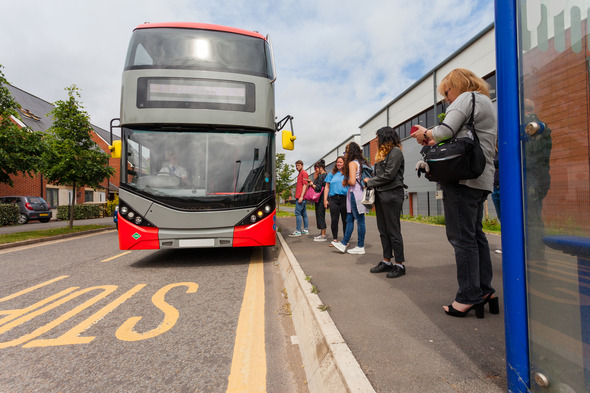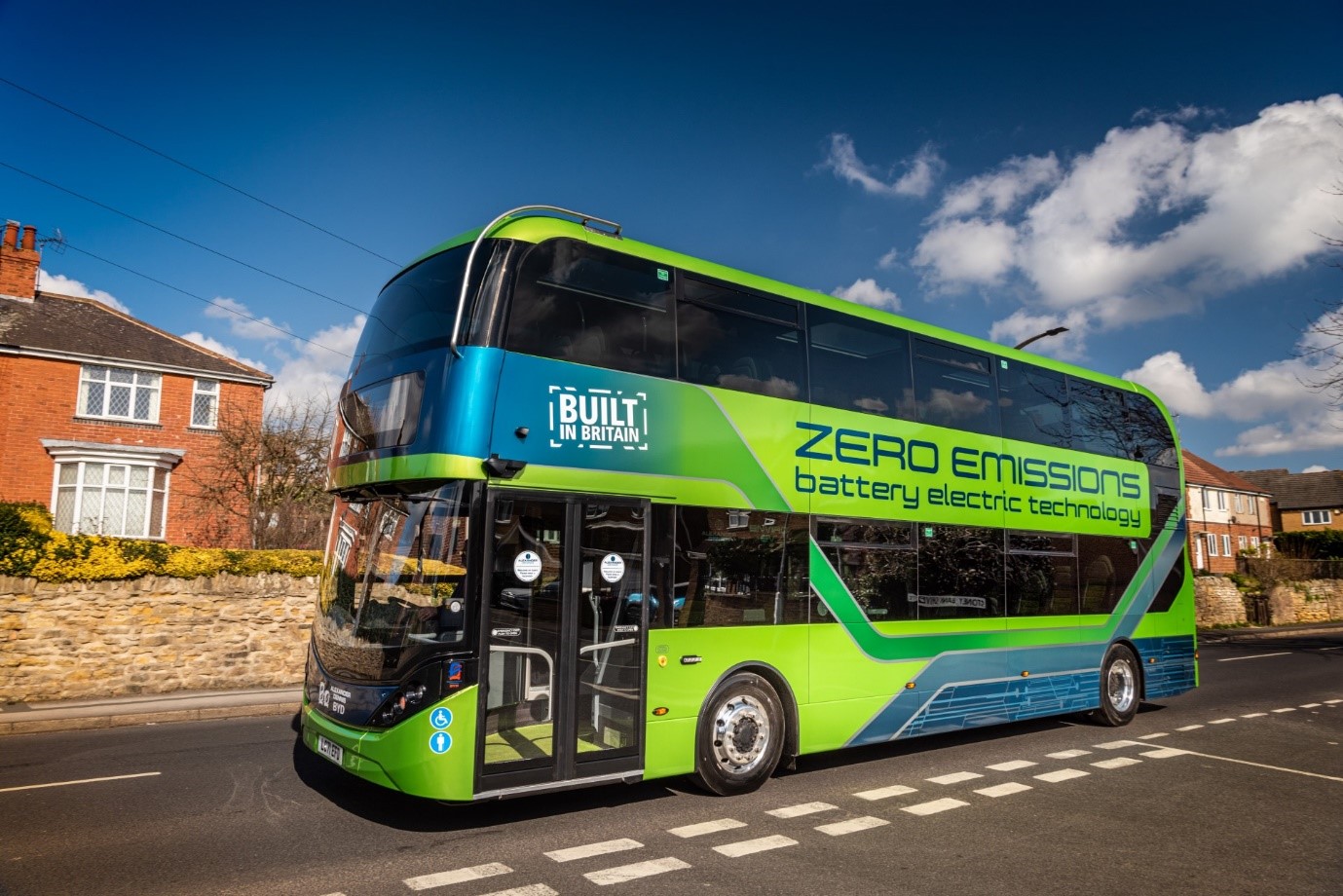A recent investigation by the Driver and Vehicle Standards Agency (DVSA) has revealed the necessity of prompt reporting and thorough maintenance in the prevention of bus fires.
DVSA’s study, which analysed incidents reported between 2020 and 2022, offers insights and actionable lessons for the coach and bus industry.
The study identified significant delays and deficiencies in reporting incidents of bus fires. Operators are legally required to report vehicle fires, but DVSA says many reports reached it long after the event, with incomplete or inaccurate details, and often without a root cause investigation.
The agency’s MoT Scheme Manager, Ian Bartlett, recognised the pressures faced by the industry but emphasised the Agency’s role in improving bus safety, particularly the value of early reporting in understanding the sequence of events leading to a fire.
“At DVSA, we want to work with you to improve bus safety and as part of that we have a responsibility to investigate bus fires and what can be done to prevent them,” he writes. “So we’re asking bus operators to report the incident to us as soon as possible after it has taken place.”
Mr Bartlett further highlights the importance of drivers promptly responding to vehicle warning lights. “Bus operators must make sure their drivers understand the warning system on a vehicle before they start any journey – and get the right advice from the depot when this is reported,” he says.
The study also assessed engine bay temperatures to identify potential root causes for fires. Testing occurred under various conditions and locations, including different load capacities and in both urban and rural areas. However, no evidence was found linking the design or manufacture of buses or their parts to fires.
Mr Bartlett stresses the vital role of thorough and regular maintenance in ensuring the safe operation of buses. To prevent overheating and subsequent fire risks, he recommends that operators:
- Replace components with others of the correct specification
- Ensure that any repair is carried out in accordance with the manufacturer’s recommendation
- Carry out maintenance inspections at the stated intervals
- Correctly identify and repair faults or issues immediately
- Replace heat shields and check cables and fuel lines are correctly routed.
Mr Bartlett acknowledges the commendable handling of fire incidents by drivers and the effective evacuation of passengers during these incidents. He advises operators to ensure their drivers are properly trained, understand vehicle warning systems, and are aware of bus evacuation procedures.
DVSA says it is keen to continue its collaborative work with operators and drivers to improve the safety and reliability of bus services. Mr Bartlett invites the industry to review the study findings and provide feedback to facilitate a safer future for all bus services. “This way, we can help you address issues and make sure that together we provide safe bus services for all,” he concludes.



























